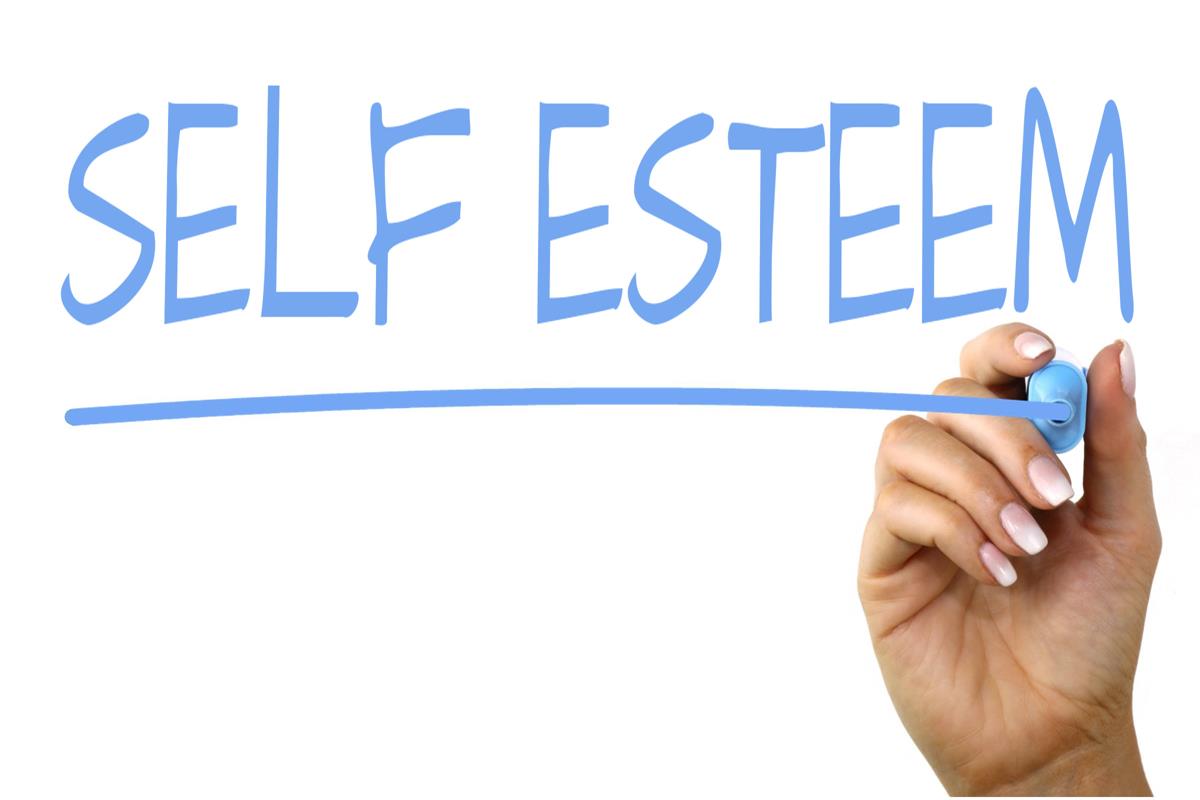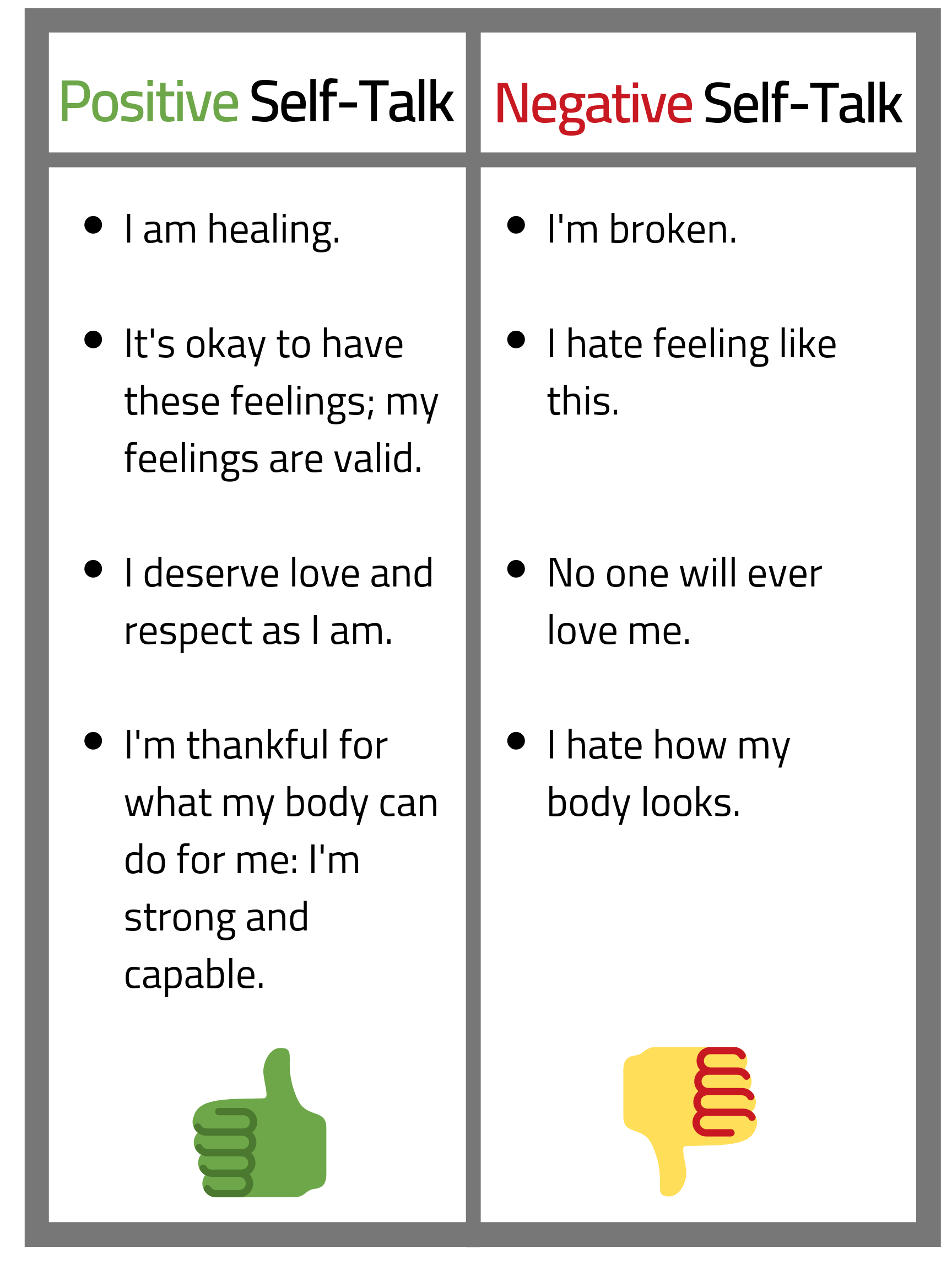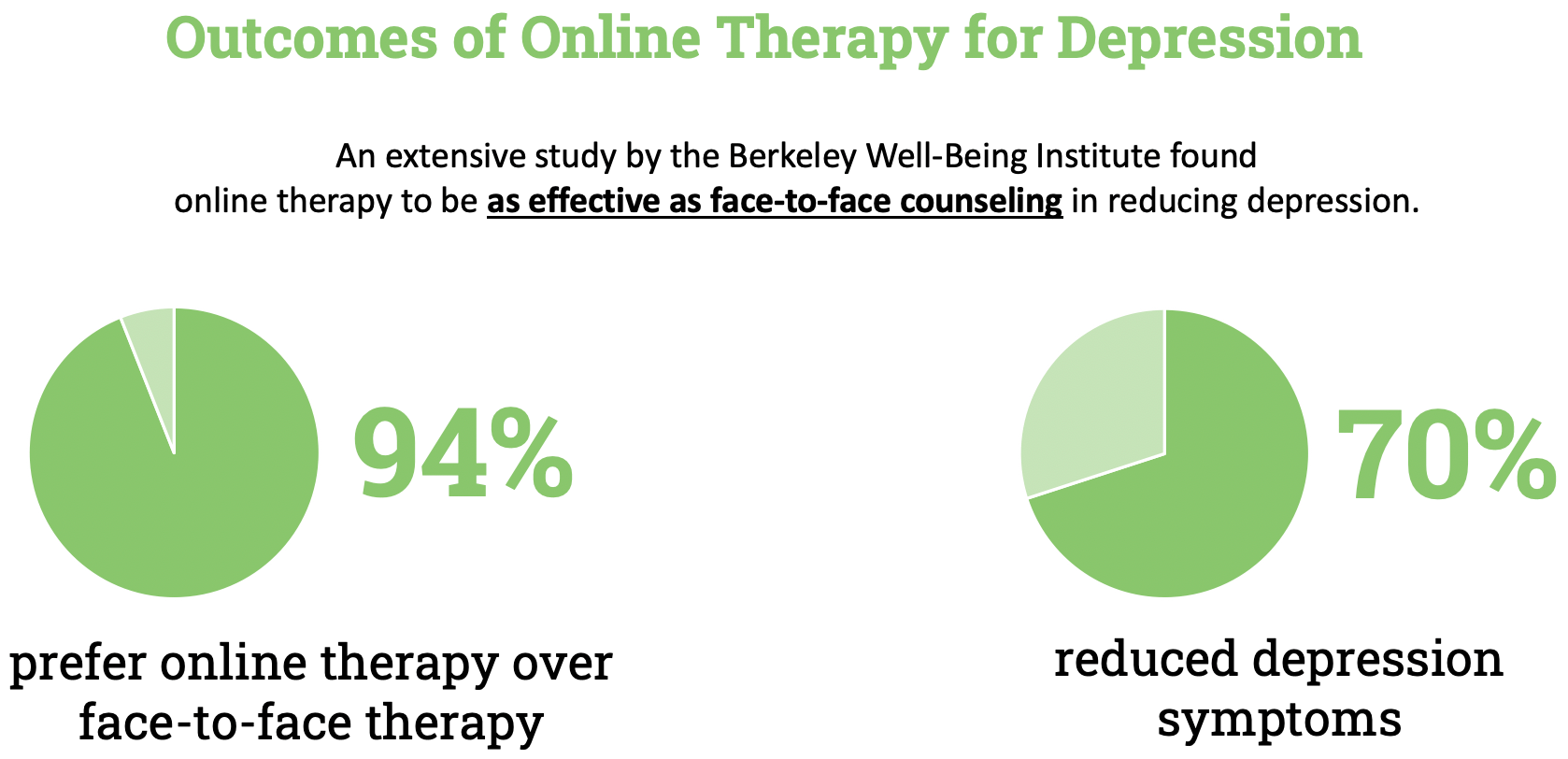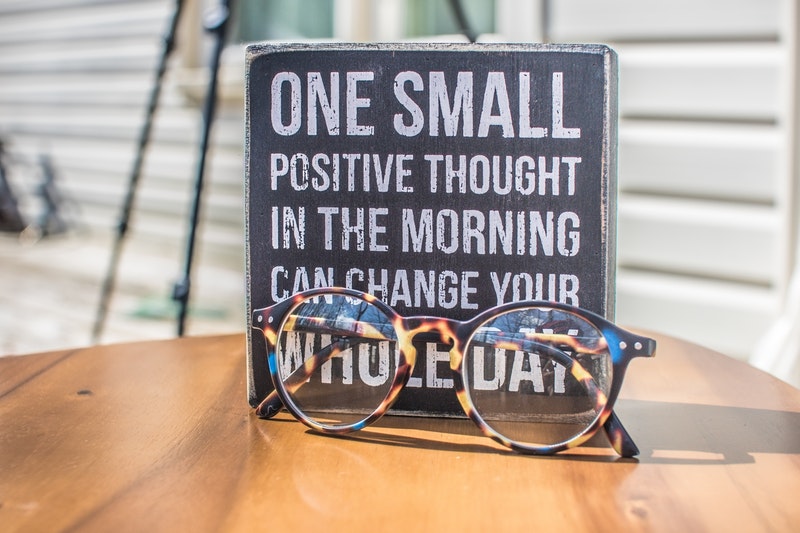

Think: Signs youre dating a girl of no self esteem
| FREE NON REGISTRATION DATING SITE | 936 |
| BRAT GIRLS DATING | 650 |
| LEAGUE DATING APP USAGE | 210 |
Signs Of Low Self-Esteem And What To Do About It
By: Sarah Fader
Updated November 10, 2020
Medically Reviewed By: Wendy Boring-Bray, DBH, LPC
Do You Like Yourself?
Have you ever wondered if you would date yourself? Some people love themselves and automatically answer "yes." While others have doubts about who they are and cringe at the thought of being in a relationship with themselves. Asking yourself this question is the litmus test for whether or not you may have low self-esteem. If you're insecure about yourself, you're not alone. Many people suffer from these issues and have found strength and confidence through various tools. We'll discuss these tools throughout this article.

Source: Nick Youngson CC BY-SA 3.0 Alpha Stock Images
Self-Love Isn't Easy
Loving yourself is not easy, but self-esteem is important. For most people, it's a life-long journey. We're born as innocent children. Depending on our upbringing, we may have a wonderful childhood or a traumatic one, or anything in between, and these things lead people to think and behave the way that they do and influence self-esteem.
"A therapist can help you learn how to improve your self-esteem and give you strategies to make sure you don't end up back in the same place again once your therapy is over."
There are many paths to take on the road to developing your sense of self. When your parents or guardians take good care of you, such as satisfying the basic areas of human motivation (i.e., food, water, shelter) or providing positive feedback, you're more likely to have a sense of security in your relationship with them. If those early years are filled with abuse and neglect, however, a host of emotional problems could develop, which could lead to a poor self-image and low self-esteem.
Those first bonds matter, and how you see yourself today is influenced by those who took care of you from a young age.
Some people have amazing parents or guardians and still end up struggling with self-esteem issues because of trauma that happens to them during their lifetime whether that's an abusive romantic relationship, a mental health issue such as depression or an eating disorder, or another traumatic incident. According to research from Dr. Joe Rubino, it is estimated that 85 percent of Americans suffer from low self-esteem. You are not alone if you are dealing with this issue. It's important to remember that if you don't like yourself, and you can't figure out the cause of the problem of why you don’t have feelings of self-worth, it's okay. Many people struggle with these issues and have successfully learned self-confidence. You can get help for these issues in therapy or counseling, or by consistently practicing methods such as positive psychology and self-talk.

Source: canva.com
BetterHelp Promotes Healthy Self-Esteem
One of the advantages of working with a counselor at BetterHelp is you will start to see your self-esteem improve. No matter what issues you are targeting, the result is that you will grow more confident. Let's say you're seeing a counselor for anxiety. They will teach you ways to cope with your panic attacks. You may feel empowered and stronger. Having those skills will inevitably make you feel better and more confident about yourself.

You may read the full study here: Effectiveness of a Multimodal Digital Psychotherapy Platform for Adult Depression: A Naturalistic Feasibility Study
The online therapists at BetterHelp want you to become more independent, learn self-empowerment, and most importantly, self-acceptance. Before you can love yourself, you need to accept who you are. That's a big part of self-esteem. Having a healthy sense of self-worth means accepting who you are. Once you can do that, your self-confidence will get better and better and develop stronger feelings of self-worth. If you're struggling to love and accept yourself, consider working with an online therapist here at BetterHelp. They care about you and want you to have a strong sense of self. Read below for some reviews of BetterHelp counselors.
Counselor Reviews
"Teralyn was an amazing support for me. I wrapped up our sessions feeling empowered and confident that I have everything within me to make the best personal decisions for my life. If you need a sounding board, or someone to help you as you navigate your hard questions, look no further."

"Jean is uniquely helpful in being able to feel out your true needs and offer nonjudgmental advice that empowers you to empower yourself. I am so grateful to work with her! A true gem."

Is There a Healthy Amount of Self-Esteem?
Low self-esteem can have an important role and a significant impact on your happiness and quality of life. People with low self-esteem tend to feel like they aren't good enough or can't do anything right and this can lead people to develop chronic issues like depression and anxiety. They also tend to view life through a bit of a negative lens. This negative lens helps to confirm the way that a person with low self-esteem thinks, and keeps them from seeing themselves in a more positive light. Research shows that therapy can help people cope with depressive symptoms and in-turn improve their self-esteem.
In Self-Esteem: The Puzzle of Low Self-Regard, the authors note that people with high self-esteem tend to have a positive and well-defined self-image, whereas those with low self-esteem have a more neutral and uncertain view of themselves.
It's important to be aware that while low self-esteem is a negative thing, very high self-esteem isn't good either. People with very high self-esteem can be overconfident and a little full of themselves or even show traits of narcissistic personality disorder.
Ideally, healthy self-esteem exists in the middle of a continuum between high and low self-esteem. Luckily, if you suffer from very low or inflated self-esteem, there are a few things you can do about it.
Signs of Low Self-Esteem
Low self-esteem isn't the same for everyone, but several indicators can tell you if someone might be dealing with it. You can usually tell the difference between someone with a healthy sense of self-esteem and someone with low self-esteem after spending a little bit of time with them. If you suspect that you might have low self-esteem, a little bit of introspection may be needed to identify it.
A few signs that might indicate that you or someone you know has low self-esteem include:
- Sensitivity to criticism
- Social withdrawal
- Irritation or hostility
- Too much focus on personal problems
- Physical symptoms (fatigue, insomnia, and headaches)
- Negative thoughts about the self
- Feelings of worthlessness and defeat
- Having a fear of failure or experiencing shame after failing
If you can relate to a lot of these things, you most likely suffer from low self-esteem. Don't worry! Things may seem a little hopeless now, especially if you've had low self-esteem for a long time, but the important thing to know is that your self-esteem is not set in stone.
What to Do About Low Self-Esteem
Once you've identified that you have low self-esteem, you're most likely wondering, "How can I change it?" With a little bit of hard work, you can change your thought patterns and habits. After a while, you'll start to see the world, and most importantly yourself, through a more positive lens and, hopefully, reach your full potential.
1. Go to Therapy
Therapy, such as talk therapy or cognitive behavioral therapy, can provide a psychological review and self-esteem check to help people with low-self esteem learn about their processing biases (biases in how they select and distort information, or choose certain memories to focus on) that help maintain unhelpful perspectives and prevent them from having healthy self-esteem levels.
There are many ways to find access to a qualified therapist. You can ask for a recommendation from friends and family, get a referral from your doctor, search online for well-liked therapists in your area, or even sign up for an online counseling service like BetterHelp.
Online counseling is great because it's affordable and convenient. Services like BetterHelp allow you to exchange unlimited messages with a counselor that's specially picked to suit your needs. If you don't like the counselor they choose for you, you can always get a new one.
Whichever way you choose to go, talking to a professional can guide you in overcoming any blocks that are contributing to your low self-esteem. A therapist can help you learn how to improve your self-esteem and give you strategies to make sure you don't end up back in the same place again once your therapy is over.

Source: unsplash.com
2. Avoid Negative Self-Talk
Low self-esteem can't be fixed just by thinking positively all the time. Repressing negative thoughts and feelings isn't always a good thing. It's better to let your feelings out in a healthy way, like journaling or talking with a friend, instead of pushing them aside.
However, repetitive negative self-talk is not good for your self-esteem either. You know, the things we say when we're too hard on ourselves. If you find yourself thinking and holding on to maladaptive thoughts or negative experiences like:
- I'm a bad person
- No one loves me
- I'm not good at anything
- When good things happen to me, it's just luck
- I wish I weren't so average
- I'm a failure
- Why do bad things always happen to me?
… chances are you're suffering from low self-esteem. These kinds of thoughts aren't serving you at all; they just make you feel worse when you're already feeling down. In these situations, making an effort to be kind to yourself and use a bit of positive self-talk can make a big difference.

Source: pexels.com
3. Learn to Be Assertive
Being indecisive and a people-pleaser is not good for your self-esteem. While always putting other people first sounds like a great quality to have, it essentially means that you're always putting yourself second. If someone asks you where you want to go to eat and you think that they won't want to listen to your suggestion, so you tell them to pick, you might be suffering from low self-esteem.
Wondering how to end these little habits once and for all? You need to learn to be assertive. Your thoughts, feelings, and opinions matter and you should feel comfortable sharing them when asked. For example, if you always let your friends pick the movie when you go to the theater, ask them if you can choose next time.
Once you get used to making decisions and not being put down for sharing your opinions, your self-esteem should start to improve.
4. Don't Compare Yourself to Other People
Another habit that can be detrimental and influence self-esteem in a negative way is falling into the comparison trap. You might know what it's like, constantly thinking to yourself, "If only I had her looks," "If only I had his talent," or "Why can't I be more like that person?" The thing is, you are not these people. To be happy and confident, you need to learn how to be happy with yourself.
When you're used to comparing yourself to everyone around you, it can be hard to stop. One good way to start is to be more aware of when you're doing it simply. Pay attention to the times that you notice you're comparing yourself to others:
- How are you feeling that day, or at that moment?
- Is the comparison you're making fair or realistic?
- If you told a friend or family member what you're thinking, would they agree?
- Is there a pattern to how you compare yourself with others?
- Would you say the same thing to a close friend? It's helpful to treat ourselves with the same kindness we would offer to our loved ones.
Being more aware of how you're feeling when you compare yourself to others and why you might be doing it can help you realize that things need to change. If you find yourself starting to compare, try to counter it by thinking of something that you like about yourself. Recognize that you and the person you are comparing yourself to are both different people. You both have positive qualities, and your positive qualities can both exist without canceling the others out.
5. Focus on Things You Can Change
Low self-esteem can be caused by several factors, including things from your past and your present. There may be things, like how you were treated as a child, that had a big impact on your self-esteem. Unfortunately, you can't change the things that happened in the past and hang on to negative feelings that you had when you were a child can perpetuate your low self-esteem.
Instead of clinging to the past, try to come to terms with it. You can't change what happened before, but you have control over what is going on now. Is there anything you can think of that's currently fueling your low self-esteem? This could be anything from a current dysfunctional relationship or work at a job you hate, to have put on a few extra pounds over the holidays.
These things could be having a direct negative impact on your self-esteem now, which is why it's important to change anything that's keeping you in a bad place. Leave your dysfunctional relationship, or try to find a new job or creative outlet! If several things are affecting your self-esteem, make a list and try tackling them one by one.
With every item on your list that you address, you should start to feel a sense of relief. You'll finally be making the changes you need to feel better about yourself, which can be empowering. The key is to start off small and don't be hard on yourself if some things take a little time to sort themselves out.

Source: pexels.com
Low-self esteem can negatively impact your life in a lot of ways, making it harder to enjoy things and making you feel like the world is against you. If you notice that you've been shrouded in a cloud of negativity and realize that it's being caused by low self-esteem, it's important that you act to try to change it. It might seem hard now, but improving your self-esteem is possible and worthwhile.
There are numerous ways that you can improve your self-esteem. An effective starting point is talking to a therapist who can help you identify your biases and thought processes that perpetuate your low self-esteem. Other helpful tactics include avoiding negative self-talk, learning to be assertive, not comparing yourself to other people, and focusing on things that are in your power to change.
The road ahead might be long and not always easy, but don't lose hope. It takes time to develop low self-esteem, and it will take time to boost your self-esteem up to healthier levels. Be patient. Start small, don't give up, and you'll start seeing progress in no time.
FAQs
How Do I Prevent Negative Thoughts?
Everyone has negative thoughts, and preventing them altogether is a daunting task. Your best bet is to learn how to accept these thoughts and not let them get you down. Here are some ways you can do this.
- When you are experiencing negative thoughts, distract yourself. Watch a good show, go outside, work out, the list goes on.
- Practice mindfulness. Mindfulness teaches us to let our self-defeating thoughts pass and to accept what we cannot change.
- Cognitive behavioral therapy, or CBT, from a therapist can help as well. CBT teaches us that our thoughts and habits are connected, and by changing our thoughts, we can change our bad habits, and vice versa.
- Meditate. Take controlled breaths and calm your nerves. Listen to some white noise to calm you down, too.
Can Social Media Hurt My Self Esteem?
Social media has its benefits, but as we all know, it has its drawbacks as well. For example, you may find yourself comparing what you have to what others have, be it possessions, opportunities, or appearances. You may judge your self-worth with how many likes, shares, or comments you get. Not all the time, of course, but using social media wisely and curating your newsfeed can help. Sometimes, it's best to take a break for a little while.
Can Improving My Self-Esteem Help With Eating Disorders?
Eating disorders can be extremely damaging, and it's important that you seek help whenever possible. Usually, an eating disorder is connected to poor self-esteem or a poor self-image, and learning how to accept your body image can help you with your disorder. Of course, it's not usually as cut and dry as that.
Are There Any Support Groups for Self-Esteem Issues?
Most mental health support groups should help with your self-esteem. Quite often, people go to these groups because they have an insecurity or other problem that talking to a group of people can fix. There is no shame in seeking a support group, be it in-person or online. Together, everyone can work on their problems and be better people at the end of it.
What Mental Health Issues Can Cause Poor Self-Esteem?
There are many mental health issues that can cause poor self-esteem. Having low self-esteem is not a mental health issue in of itself, but it may lead to certain issues. It can be a cause or a symptom.
Depression is perhaps the biggest cause of poor self-esteem. Anxiety can cause it as well. You may think low of yourself because of how you react to situations. Eating disorders are often due to poor self-esteem.
These two issues are closely connected.
Frequently Asked Questions About Low Self-Esteem
What are the signs of low self-esteem?
Some signs of low self-esteem are constant negative self-talk, putting minimal effort into appearance, and allowing others to treat you poorly. In regard to negative self-talk, those with low self-esteem may say things like “I’m so ugly,” or, “I don’t know why anyone would like me.” Those with low self-esteem say things like this because they genuinely believe it. On the other hand, those with a high self-esteem understand why people would love them. Every person deserves to feel as though they are beautiful inside and out, and that they are worthy of love. If you or someone you know feels as though they aren’t good enough, this is a sign of low self-esteem. This should be addressed through therapy so they can improve their quality of life.
On the other hand, people with low self-esteem may not put much effort into their appearance. This could be not doing their makeup because they think they are ugly anyways with it on. Or, it could be a lack of personal hygiene because they don’t feel worthy of being clean. However, just because someone is having a day where they didn’t feel like getting dressed up, it doesn’t mean they are lacking self-esteem. Everyone has days where they would rather wear sweatpants and relax. But, if this happens frequently and the person doesn’t feel deserving of looking their best, this is a sign of low self-esteem.
Allowing others to treat you poorly, another sign of having a low self-esteem, is another issue that should be addressed. Those with low self-esteem believe they don’t deserve to be treated well. They believe that they must deserve mistreatment from others if they are receiving it. However, mistreatment from anyone, whether it be a significant other or a parent, is not acceptable. Sometimes, people with psychopathic or narcissistic tendencies will take advantage of those with low self-esteem and will manipulate them. So, if this is a problem you or a loved one have, it is vital you address it and rebuild your self-esteem.
What causes low self-esteem?
There can be many causes of low self-esteem. For some, it goes back to childhood development. If someone grew up with parents who did not make an active effort to boost their self-esteem, their adult self-esteem can be hindered. Self-esteem is a large part of developmental growth, and it is very important to have a strong self-esteem during childhood. Without a strong self-esteem during childhood, adolescence and adulthood can be difficult. The lack of development can lead to insecurities and it can be difficult to grow your self-esteem later on.
For other people, self-esteem can be hindered during adolescence and in early adulthood. This can be caused by comparison to others or bullying. When you constantly compare yourself to others who seem to be “perfect,” your self-esteem can drop significantly. Or, if you experience bullying, you can start to believe what other people say about you. Dealing with these things can lower your self-esteem and leave a lasting effect on your adulthood.
How do you fix low self-esteem?
There are a few ways you can fix a low self-esteem. For one, you can work on self-love and taking care of yourself. Focusing on the positive parts of you can help you tremendously. When you think about your great personality, the physical traits you love, and your work ethic, you can boost your self-esteem. Also, being around people who make you feel good about yourself can help you become more confident.
Another way to boost your self-esteem is through attending therapy. Working with a licensed therapist or counselor can help you tremendously when it comes to boosting your self-esteem. They can help you to work through the reasons behind your self-esteem issues and get to the root of the problem. When you identify the cause of your low self-esteem, you can work at it, which will likely increase your self-esteem greatly.
What causes low self-esteem in a woman?
It’s no secret that low self-esteems usually occur in women. This is likely because of decades of unrealistic beauty standards being set. Especially in adolescent years, there is significant pressure to be perfect, loved, and attractive. When a young woman feels as though they are less than, this can lower their self-esteem greatly. Also, the pressure to please significant others can be taxing, thus lowering a woman’s self-esteem.
Is low self-esteem a mental illness?
Low self-esteem itself is not a mental illness. However, it can lead to many mental illnesses. Some common mental illnesses related to a self-esteem are depression, generalized anxiety disorder, OCD, and others. But, it is important to note that only in severe cases does low self-esteem contribute to these disorders. Also, any of these mental illnesses coupled with low self-esteem can be detrimental to mental health.
What are the negative effects of low self-esteem?
There are numerous negative effects of low self-esteem. The most notable is likely a decreased quality of life. For those with low self-esteem, their daily life can be hindered greatly and people can find it difficult to carry on. They go about each day feeling unhappy, unworthy of love, and sometimes unworthy of living. These thoughts and feelings are clearly horrible to experience.
Other negative effects of low self-esteem include allowing others to treat you poorly and not taking steps to improve your life. For someone with low self-esteem, they genuinely believe they are not worthy of love or acceptance. This can enable people to treat them poorly, whether they realize it or not. Someone with low self-esteem won’t stick up for themselves when they are unhappy with how they are treated. This makes it so their relationships have no boundaries. Also, they won’t take steps to improve their life like asking for a raise, furthering education, and more.
Does low self-esteem affect relationships?
When one of both partners in a relationship have a low self-esteem, it can put tension on the relationship. The insecurities that follow a low self-esteem can make someone feel as though their significant other will or is cheating on them. It can also make them feel as though their partner doesn’t truly love them, because they don’t see why anyone would love them. They will also feel as though their partner will wake up and realize they don’t love them, so they will leave.
Does low self-esteem cause anxiety?
A low self-esteem can cause anxiety in some cases. It can generate anxiety that someone will leave you at any given moment. Or, it may make you believe someone is out to get you. No matter if there is zero evidence of these things happening, a low self-esteem can cause an overwhelming sense of fear.
Are There Any Related Articles About Self-Esteem I Can Check Out?
BetterHelp has many related articles about self-esteem. For example, there's this tips and tricks article that is worth checking out. If you have mental health issues, read our content. And while you're at it, make sure to check our privacy policy if you have any questions about your confidentiality.
There are numerous ways that you can improve your self-esteem. An effective starting point is talking to a therapist who can help you identify your biases and thought processes that perpetuate your low self-esteem. Other helpful tactics include avoiding negative self-talk, learning to be assertive, not comparing yourself to other people, and focusing on things that are in your power to change.
The road ahead might be long and not always easy, but don't lose hope. It takes time to develop low self-esteem, and it will take time to boost your self-esteem up to healthier levels. Be patient. Start small, don't give up, and you'll start seeing progress in no time.
Are There Any Related Articles About Self-Esteem I Can Check Out?
BetterHelp has many related articles about self-esteem. For example, there's this tips and tricks article that is worth checking out. If you have mental health issues, read our content. And while you're at it, make sure to check our privacy policy if you have any questions about your confidentiality.
There are numerous ways that you can improve your self-esteem. An effective starting point is talking to a therapist who can help you identify your biases and thought processes that perpetuate your low self-esteem but still provide unconditional positive regard, which is a concept developed by Carl Rogers in his client-centered therapy approach.
Other helpful tactics include avoiding harmful self-talk, learning to be assertive, not comparing yourself to other people, and focusing on things that are in your power to change a negative outlook into one that is positive.
The road ahead might be long and not always easy, but don't lose hope. It takes time to develop your full potential, and it will take time to boost your self-esteem up to healthier levels. Be patient. Start small, don't give up, and you'll start seeing progress in no time.

-